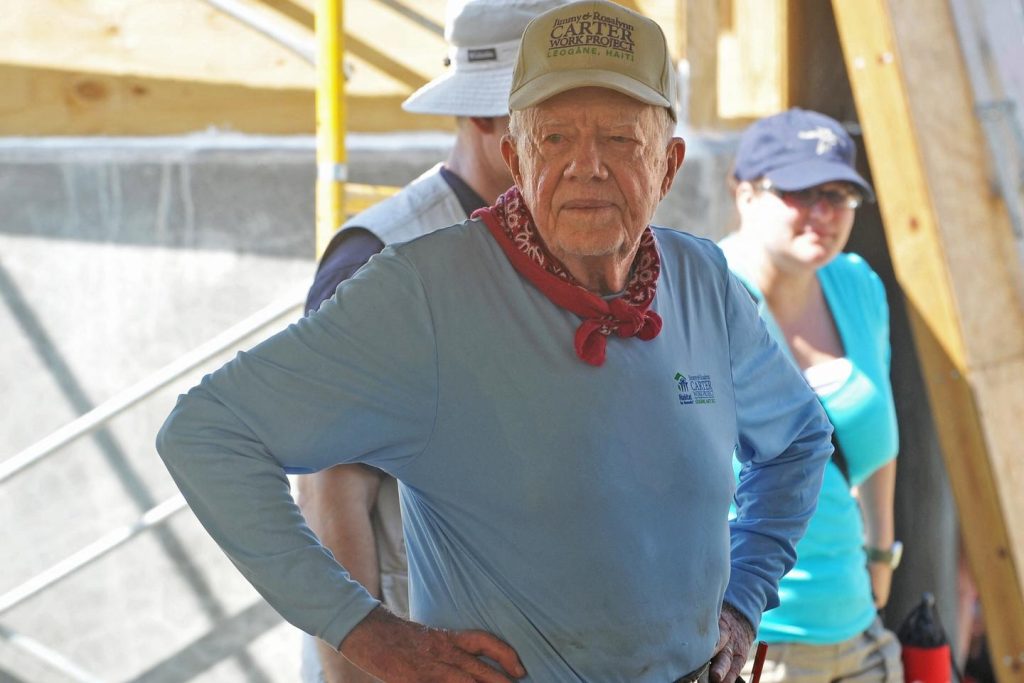The late former President Jimmy Carter created the Carter Center in 1982 with the goal of working towards peace, fighting diseases, and building hope. The center, located near Martin Luther King’s childhood home in Atlanta, Georgia, has become a hub for political, charitable, and healthcare efforts in over 80 countries. Carter was the driving force behind the center, which is funded privately and governed by independent board members. The center’s activities include mediating conflicts, monitoring elections, and promoting democratic principles around the world.
In addition to working for peace, the Carter Center focused on fighting preventable diseases that disproportionately affect the poorest populations. One of their major successes was the near-eradication of Guinea worm disease, an infection caused by a parasite found in water. Carter began this initiative in 1986 and was determined to see the disease eliminated during his lifetime. He also prioritized addressing gender inequality and the suffering experienced by women and girls worldwide. Carter believed that this issue, which leads to widespread crimes and injustices, was one of the most grave and overlooked challenges in the world.
Carter personally committed himself to the fight for gender equality and published a book titled “A Call to Action” in which he argued that misinterpretations of religious texts were often used to justify the subjugation of women. He engaged religious leaders from various traditions in this cause and wrote to Pope Francis to advocate for women’s rights. Carter pledged to dedicate his passion and energy to this cause for the remainder of his life. The Carter Center’s activities were realigned to prioritize addressing gender disparities and empowering women and girls around the world.
Despite his age and long political career, Carter remained deeply committed to humanitarian causes and social justice issues. He continued to travel extensively, meeting with people living in difficult circumstances and advocating for their rights. His legacy as a champion for peace, health, and gender equality will endure through the work of the Carter Center and the lasting impact he made on global efforts to address pressing challenges. In December 2012, Carter helped build homes for earthquake victims in Haiti, demonstrating his continued dedication to making a tangible difference in the lives of those in need.


